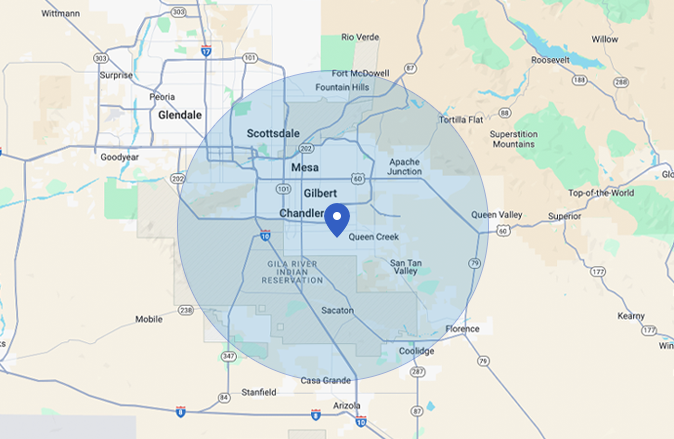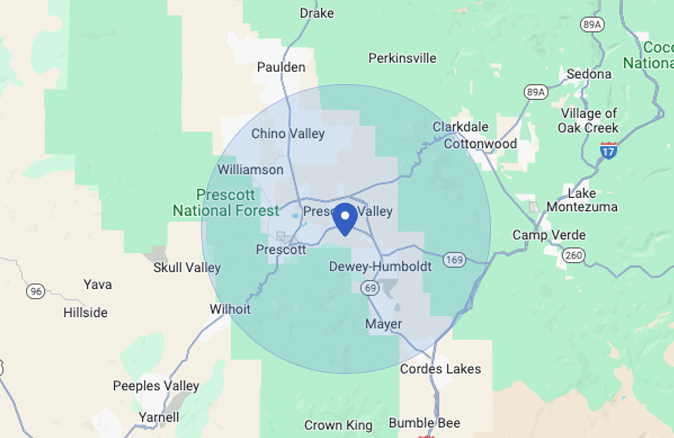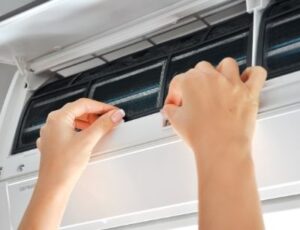
Many homeowners understand that air filters play a role in HVAC performance, but fewer realize how much they impact indoor air quality and overall health. A clogged or dirty air filter does more than restrict airflow; it allows allergens, bacteria, and airborne contaminants to circulate throughout your home.
At Wolfgang’s Cooling, Heating & Plumbing, we help homeowners improve indoor air quality through expert HVAC maintenance and air filter solutions. Understanding the science behind dirty air filters can help you take proactive steps to protect your health, reduce system strain, and ensure cleaner air in your home.
How Air Filters Affect Your Indoor Air Quality
Air filters act as the first line of defense against dust, pollen, pet dander, and other airborne pollutants. They trap these particles before they can spread throughout your home, keeping the air cleaner and healthier.
However, when filters become clogged, they lose their ability to trap contaminants effectively. Instead of filtering out pollutants, they allow them to pass through, leading to:
- Increased dust accumulation on surfaces and in air ducts.
- More allergens circulating in the air, triggering respiratory symptoms.
- Reduced ventilation, creating stale, stagnant indoor air.
A well-maintained filter is essential for maintaining high indoor air quality, particularly for homes with pets, allergy sufferers, or individuals with respiratory conditions.
The Link Between Dirty Air Filters and Respiratory Health
Poor air quality directly affects respiratory health, making clean air filters even more important for households with children, seniors, or those with asthma or allergies. When air filters are dirty, they can contribute to:
- Increased allergen exposure: Pollen, dust mites, and pet dander remain in the air, leading to sneezing, congestion, and itchy eyes.
- Higher levels of indoor pollutants: Smoke, volatile organic compounds (VOCs), and airborne chemicals are not effectively filtered, potentially causing headaches and breathing difficulties.
- Worsened respiratory conditions: For individuals with asthma or chronic bronchitis, inhaling unfiltered air can trigger flare-ups and make symptoms more severe.
Regular air filter changes are a simple but effective way to reduce airborne irritants and create a healthier living environment.
Learn more: The Benefits of Replacing Your Air Filter
Other Health Risks from Poor Air Filtration
In addition to respiratory problems, poor air filtration can lead to other health concerns:
- Bacteria and mold growth: A clogged filter creates the perfect environment for moisture buildup, allowing mold spores and bacteria to thrive. These contaminants can be circulated throughout the home, increasing the risk of illness.
- Greater risk of viruses spreading: Poor air circulation can cause airborne viruses to linger longer, increasing exposure to harmful pathogens.
- Headaches, fatigue, and sleep disturbances: Stale air and excess dust can contribute to discomfort, reduced oxygen flow, and sleep disruptions.
A clean air filter supports not only better breathing but also an overall sense of well-being.
Learn more: Replace Air Ducts When You Notice These Signs
Dirty Air Filters and HVAC Efficiency
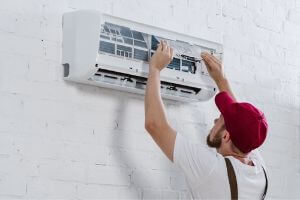
A clogged air filter does not just impact your health; it also strains your HVAC system. When airflow is restricted, your system has to work harder to push air through, leading to:
- Higher energy bills: Reduced efficiency forces the HVAC system to consume more power.
- Increased wear and tear: Overworked components can break down faster, leading to costly repairs.
- Shortened system lifespan: A lack of proper airflow puts unnecessary strain on the unit, decreasing longevity.
Replacing air filters regularly keeps your HVAC system running smoothly, helping you avoid unexpected breakdowns and unnecessary expenses.
How Often Should You Replace Your Air Filter?
The frequency of air filter replacement depends on several factors, including household size, pets, and allergy concerns. As a general rule:
- Standard filters: Replace every 1 to 3 months.
- Homes with pets: Change filters every 30 to 60 days.
- Allergy sufferers: Monthly filter changes help reduce allergens.
- High-efficiency filters: May last up to 6 months but should still be checked regularly.
Need help with air filter maintenance? Schedule an HVAC maintenance appointment to ensure your system is operating at its best.
Why Cleaning Air Filters and Reusing Them Isn’t A Smart Choice
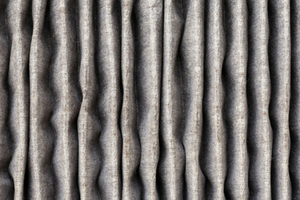
Some people choose to try to start cleaning air filters and then reuse them. Air filters are disposable and made of pleated paper or spun fiberglass in a cardboard frame. They trap toxic particles and dust in the small porous material, which prevents the unsavory particles from being recirculated throughout your home and then breathed in.
When only the outer layer of dust is removed from the fabric, it isn’t able to perform its job properly. Not only is this risky to your health, but it also can damage your HVAC system by causing the compressor motor to work harder. If your compressor works overtime it can lead to higher electric bills and can eventually cause the demise of your whole system.
It is recommended that air filters are replaced with a new filter every 2 months during cold weather and every month during warm weather. This will ensure the maximum amount of air pollution is caught in the filter. This cost of new air filters is relatively small in comparison to the potential expensive health problems or a new HVAC system after your compressor burns out from overuse down the road.
Improve Your Indoor Air Quality With Regular HVAC Maintenance
Routine HVAC maintenance is the best way to ensure clean air filters, better indoor air quality, and optimal system performance. Regular tune-ups include:
- Checking and replacing air filters.
- Cleaning HVAC components to reduce dust buildup.
- Inspecting ventilation and ductwork for airflow efficiency.
Taking proactive steps can lead to healthier air and a more efficient system. Improve your home’s indoor air quality with professional HVAC maintenance from Wolfgang’s Cooling, Heating & Plumbing today. Contact us today to schedule your service and learn more about our peace of mind guarantee. For more about dirty air filters and related content visit our blog.


